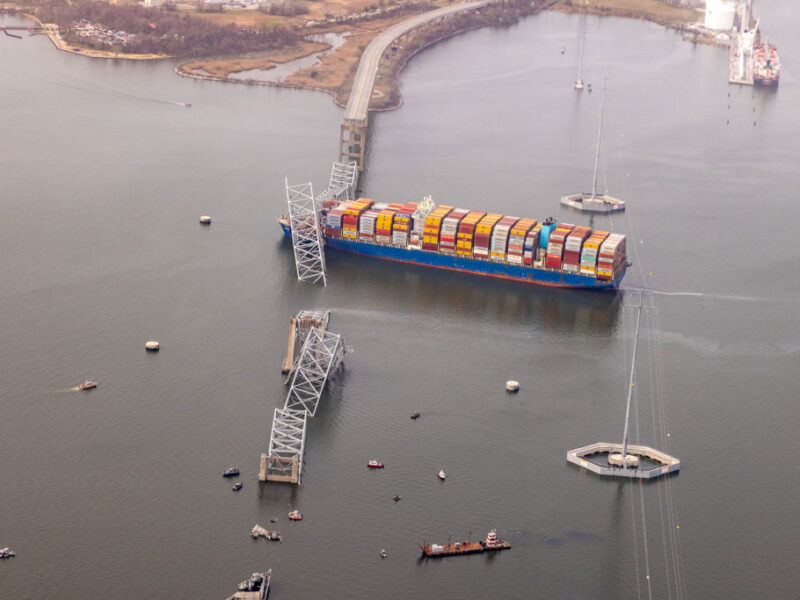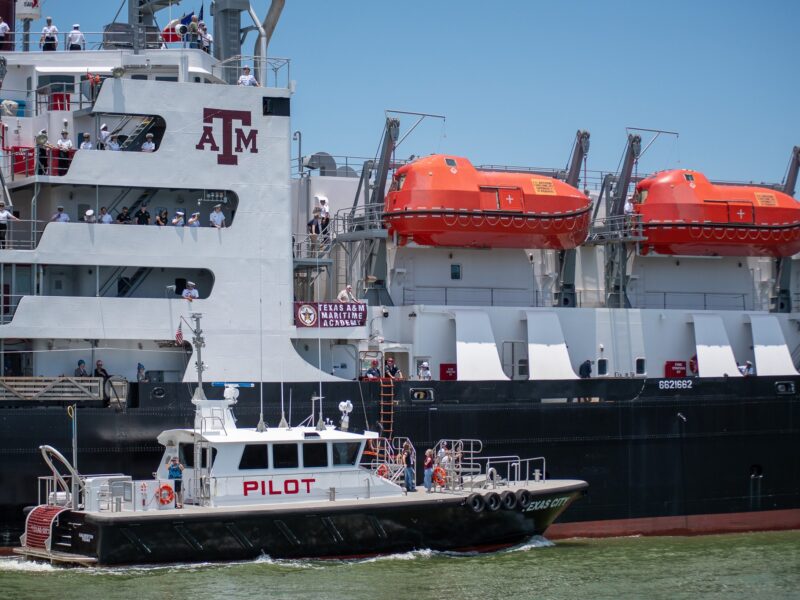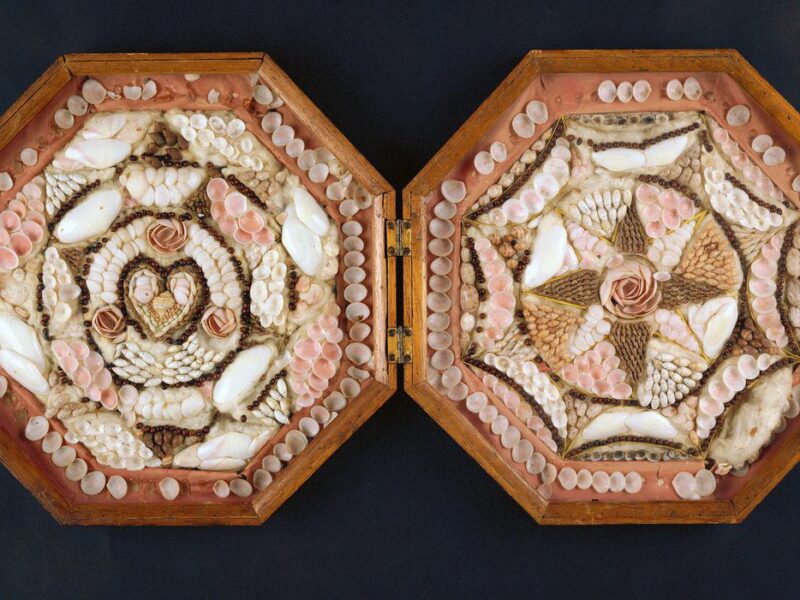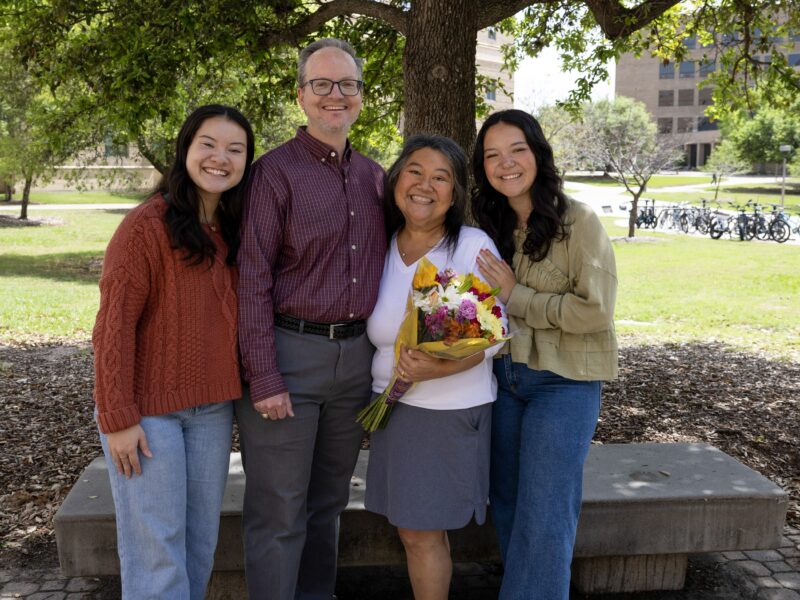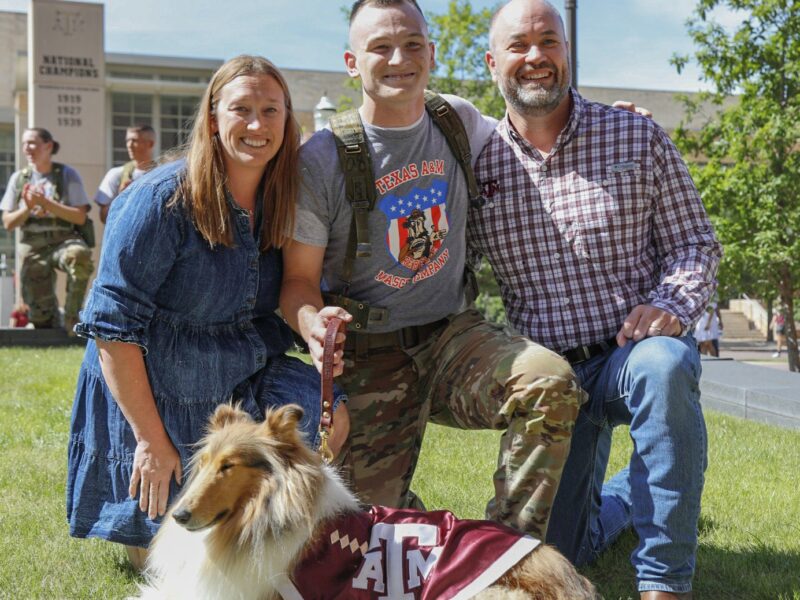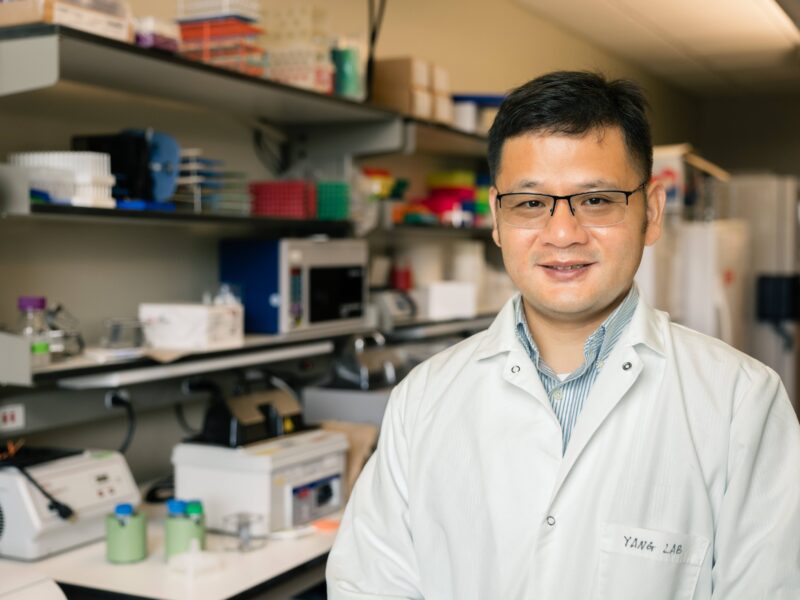Ayaka Asada’s Journey To A Ph.D.
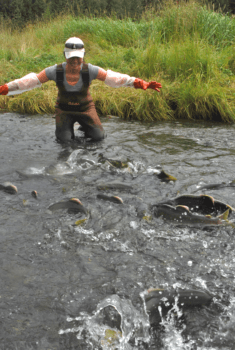
It was on a tiny, remote island archipelago off the coast of Tokyo, Japan that Ayaka Asada ‘20 met Randall Davis 10 years ago.
Asada was working as a field biologist on the green sea turtle and humpback whale conservation project at the Ogasawara Marine Center. Davis, Texas A&M University at Galveston Department of Marine Biology regents professor, who was conducting sperm whale research nearby, stopped in for a visit. Asada was tapped to translate for Davis.
During his visit, Davis and Asada spoke at length about her interest in going back to school for her Ph.D. Davis knew Texas A&M-Galveston would be an ideal fit for Asada, but there weren’t any doctoral program openings at the time. So Davis and Asada kept in touch over the next year and a half until finally, a spot for her came available.
“It really does feel like a mystical or fateful coincidence for me because the island was really difficult to get to,” Asada said. “You have to ride a special ferry of which there’s only two per week, there’s no airport, so you have to really want to go there.”
Asada has always loved being around oceans and had an interest in conservation biology. She earned a bachelor’s degree is in fisheries and wildlife from Michigan State University, and has completed a doctoral dissertation and the diving behavior and movements and leatherback sea turtles in the U.S. Virgin Islands.
On the island of St. Croix, Asada worked through many nights alongside other interns, Davis and leatherback sea turtle pioneer Scott Eckert of Principia College. As many sea turtle species nest at night, Asada said the crew would often work from 6 p.m. to 6 a.m. to study the massive animals, gather biological data and attach and deploy them with video-data recorders and satellite tracking devices.
Leatherbacks are the largest of all seven sea turtle species, often weighing in anywhere from 550 to upwards of 1,500 pounds and measuring up to seven feet in length.
“They are just gigantic. I mean, this animal survived the dinosaur era,” Asada said.
She said they are the “deep divers” of the sea turtles, so studying the diving behavior and physiological mechanisms that allow them to reach depths of more than 4,000 feet was riveting.
Another academic adventure took her to the shores of Alaska.
For five summers she would accompany Davis and other students participating in his marine biology field course in Alaska’s Prince William Sound. Asada served as a teaching assistant for the course, which centered on studying sea otter behavior and abundance.
Asada also did salmon research alongside Alaska’s Department of Fish & Game. She and other graduate students and science teams studied how wild salmon were interbreeding with hatchery-born salmon among several woodland streams.
“Some of the locations were quite difficult to get to,” she said. “You had to camp, and carry everything via a small inflatable kayak to where spawning events were happening. It was kind of crazy but just incredible, you could even hear seal calls sometimes.”
Asada, the only doctoral student who graduated from Texas A&M-Galveston in December, will work for the Nobilis Pipe Company. Asada will be working as a research analyst and environmental science communications specialist to help the company better understand and undertake eco-friendly, sustainable business practices.
“Conservation has always been my passion. I wish we as human beings could give up so much but we don’t and we can’t in many circumstances, so we must continue to strive for coexistence with wildlife,” she said. “In that way, I hope my work and research can truly help do good.”
Media contact: Andréa Bolt, a_bolt@tamug.edu
